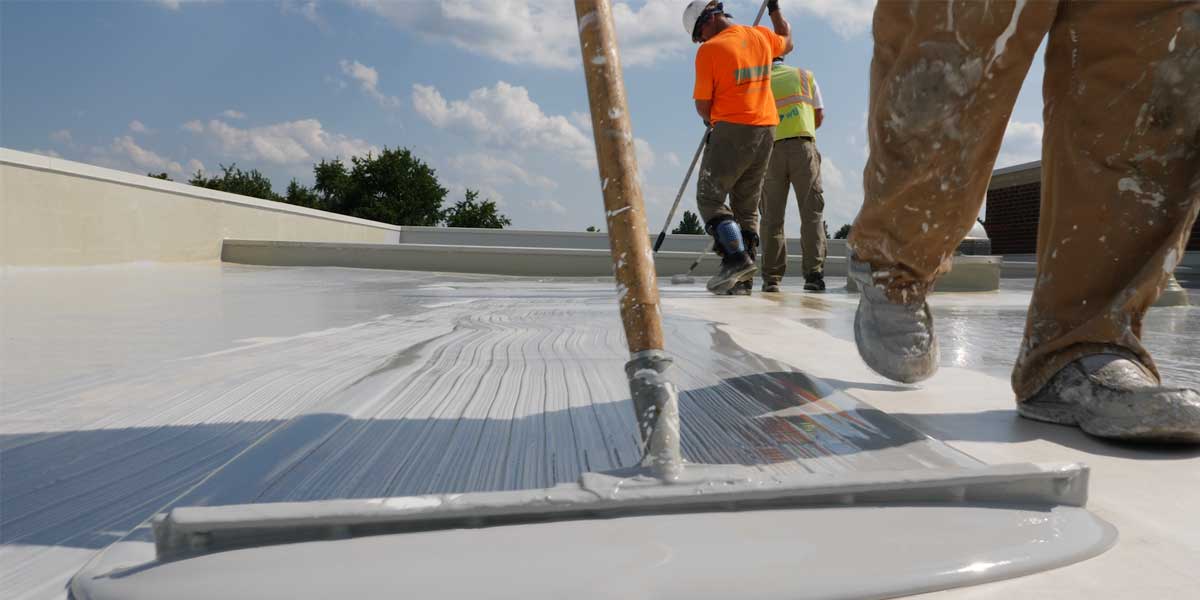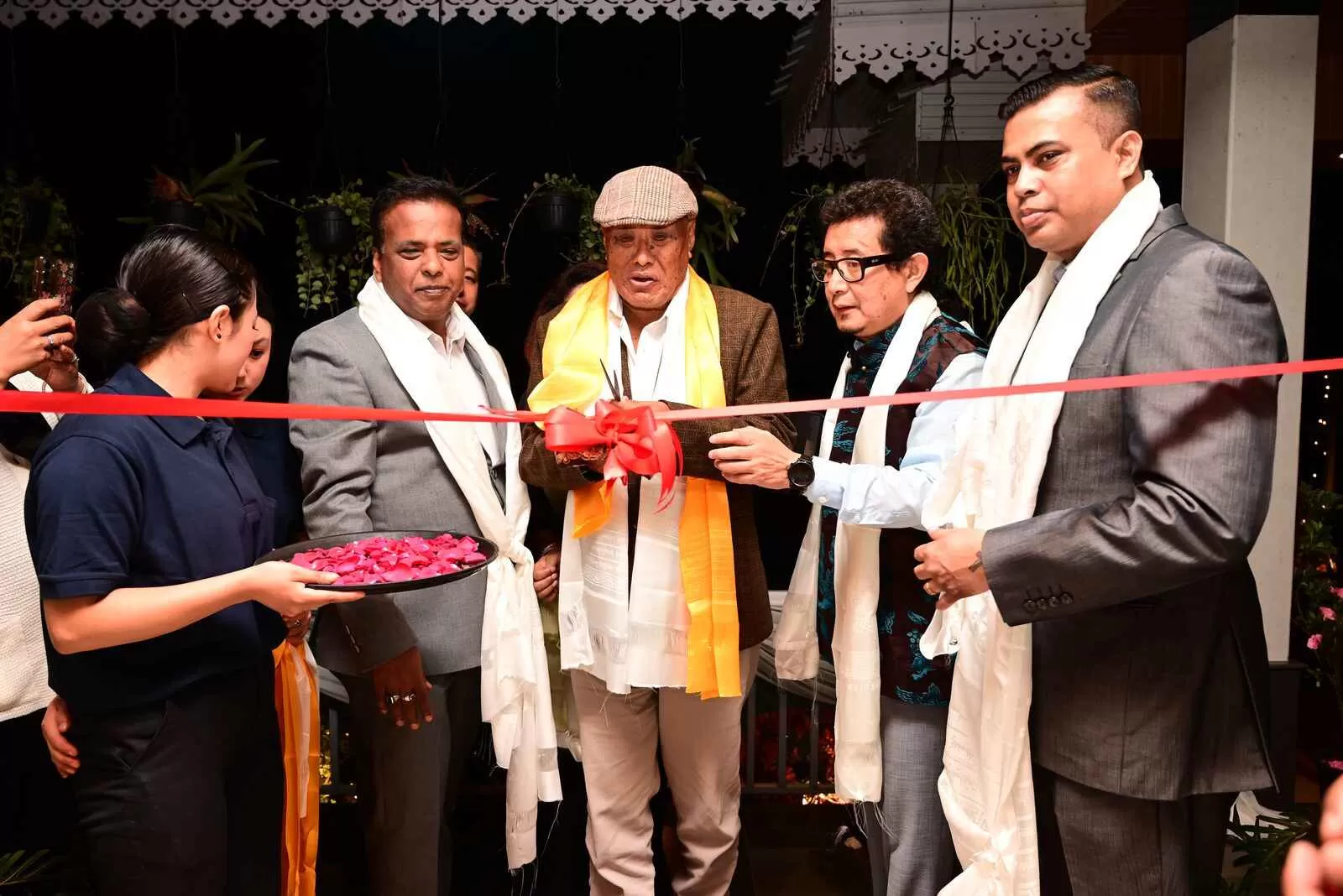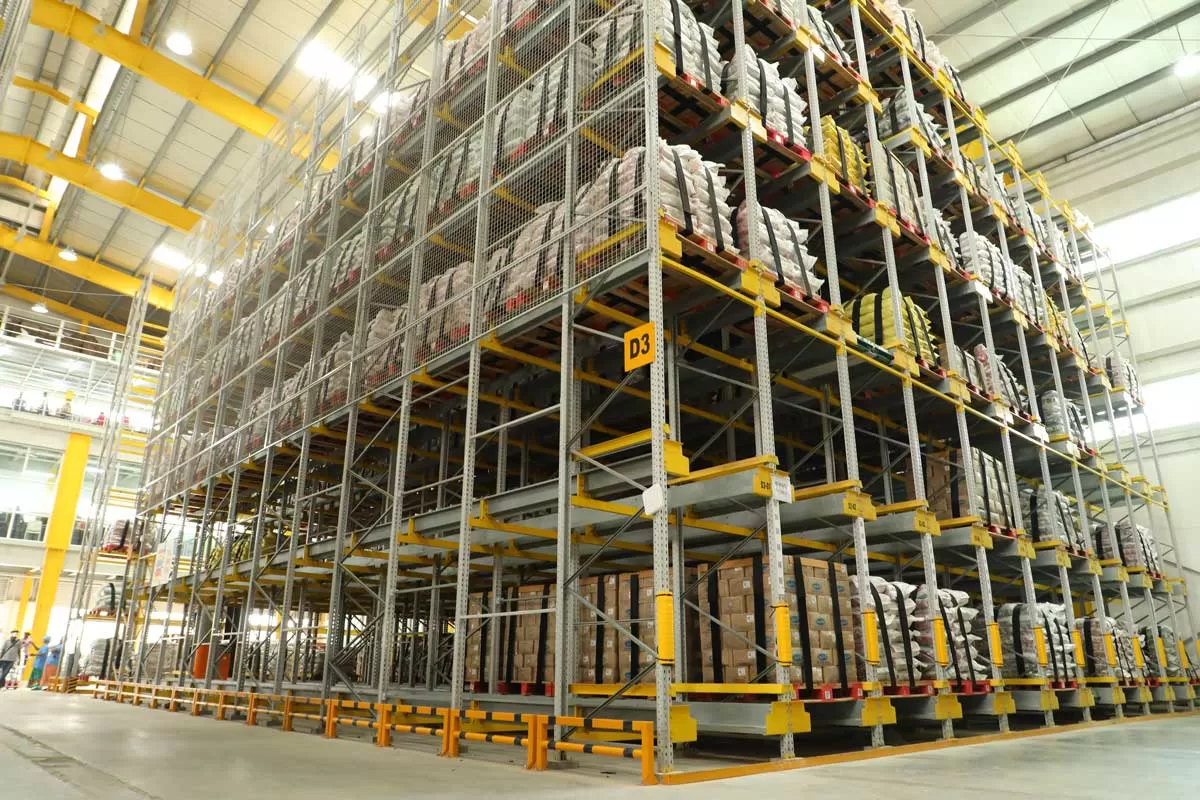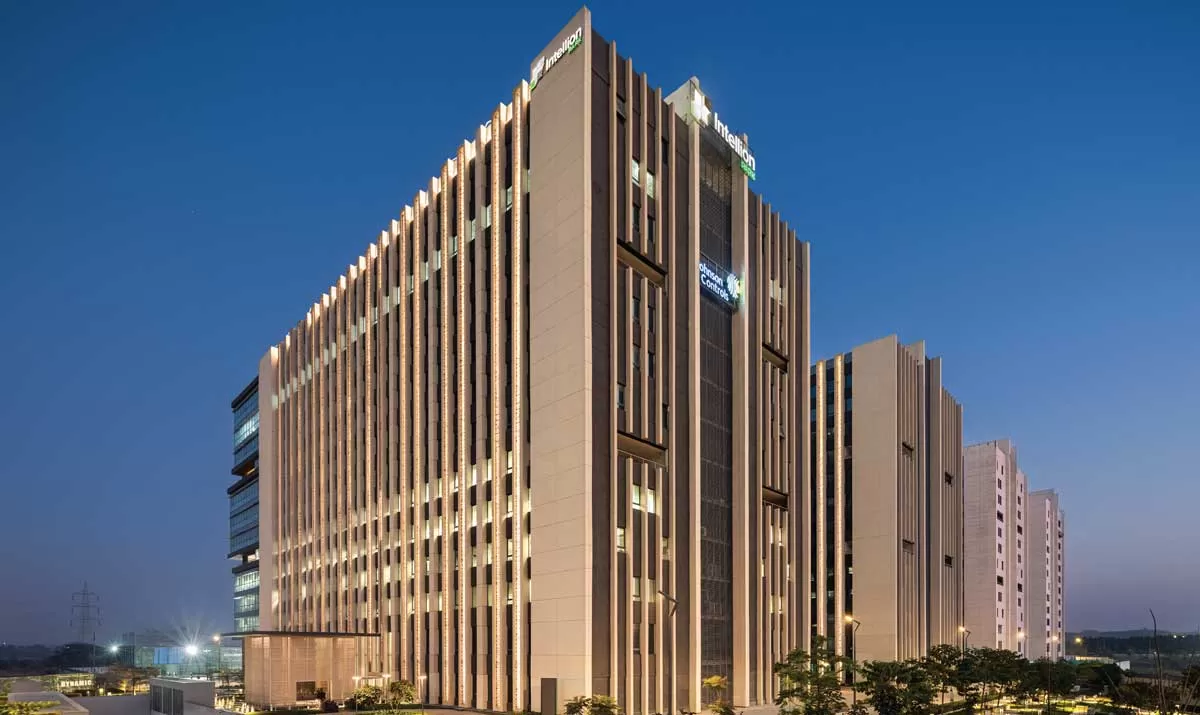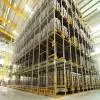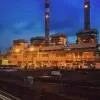Business is bouncing back in the construction chemicals industry on the back of pent-up demand. So, what’s new and popular in construction chemicals and waterproofing? Industry captains and experts share what the demand drivers will be, how the new technologies will convert into business, and where the major demand is likely to lie. A discussion._______“Average demand is back to the pre-pandemic level,” says Himanshu Kapadia, CEO, Construction Chemicals (Large User Business & Services), Pidilite Industries, voicing a common view across the sector. “In some categories like tile adhesives, sales have already surpassed the previous year’s levels.”
“Demand is coming back to normal,” affirms Nilotpol Kar, Managing Director, Master Builders Solutions India (which has emerged out of the former BASF Construction Chemicals business after its acquisition by an affiliate of Lone Star, a global private equity firm). “Construction projects that witnessed a hit mainly owing to manpower challenges during the lockdown phase are returning to normalcy.”
Key buyersMany roads, tunnel and metro projects are coming up, creating a need for admixtures, curing compounds, corrosion inhibitors, accelerators, waterproofing membranes, etc, says Santhosh M Prakash, Vice-President (Product Management), Mapei Construction Products India.
“Private-sector residential and commercial launches are low and, hence, consumption in that market is low,” observes Kapadia. “But that shortfall has been compensated by growth in government-owned infrastructure and special purpose buildings. Within infrastructure, surface transport projects like metro rail, highways and railway projects are the most active and likely to remain so based on the latest Budget.”
India is witnessing sustained growth in infrastructure after the lockdown, primarily in the metro, airport, solar, underground tunnel and power plant segments, says Anjanappa Anil, Executive Director, Tremco CPG (India), which offers waterproofing solutions from the Vandex, Euclid Chemical, Flowcrete and Tremco brands.
“Infrastructure development, smart cities and the enforcement of RERA are spurring the use of construction chemicals,” says Col U Ganesh Kumar, Chief Executive Officer, Padmaja Systems & Services.Small-town boost
We are witnessing the penetration of technology in small places, quite unlike the time companies would be reluctant to facilitate this, fearing application failures, according to Kapadia. Pidilite products are available throughout the country. Separate teams cater to very large projects, small projects and B2C markets.
“Alongside metros, we are seeing unprecedented growth in infrastructure development in Tier 2 and 3 cities with the Governments’ focus on building smart cities,” shares Kar. “Real estate is also showing signs of revival in both metros and non-metro regions. Smaller towns are certainly a green shoot for us and strategic.” Master Builders Solutions has grown its network of distributors to ensure its products are available across the country.
Products from Padmaja Systems & Services are sold in all the major cities and towns of Tamil Nadu and Kerala, apart from Bengaluru and Pune. Col Kumar attests to witnessing marginal growth in smaller towns in these two states.
Anil sees greater scope for commodity products (polysulphide sealants, one and two component waterproofing solutions, acrylic systems, etc.) in smaller towns. Tremco CPG operations span India and sales personnel for the waterproofing range are stationed in major metropolitan cities.
Mapei has a sales team and authorised distributors and applicators pan India.
B2C versus B2BBoth the B2C and B2B businesses have just come back to normal, opines BS Nagaraj, Senior Manager, Waterproofing, Sealants & Anchoring systems, Fosroc Chemicals (India).
“While product demand in B2C markets started picking up as soon as the unlock process started, initially in Tier 2 cities and small towns, followed by Tier 1 cities (with the exception of Mumbai), B2B markets were slower to come back to normal levels because mobilising to restart abandoned sites after a prolonged lockdown is a mammoth job,” says Kapadia. “Liquidity among EPC contractors has been the biggest challenge but global supply chains have also been severely affected and the sudden spurt in demand caused a shortage of materials.”
Anil believes that while the B2C business is back on track, the B2B segment is gradually recovering because of low consumption as some top commercial building developers are waiting for existing built-up areas to be occupied and their new projects have come to a grinding halt.
Preferred products
High-end preformed membranes and liquid-applied systems have become the preferred choice of project specifiers for better performance and sustainability; hence, these categories will grow the market, according to Nagaraj. Among these, he counts thermoplastic polyolefin (TPO) and polyvinylchloride (PVC) membranes and high-density polyethylene (HDPE) membranes in the preformed membrane space, and high-end, spray-applied polyurethanes and polyureas in the liquid-applied space.
It is very positive that specifiers are seriously considering waterproofing as one of the most important considerations in construction, he adds.
“High-performance, spray-applied waterproofing alternatives are being used to effectively protect and maintain critical infrastructure for being seamless, fast curing, impervious to water, crack bridging and capable of lasting decades without extensive maintenance,” avers Anil. “Preformed sheet membranes are rigid in nature and typical for below-ground applications where moisture is an ongoing issue.”
Polyurethane concrete flooring is gaining traction over traditional epoxy flooring, says Kar. “So are tile fixing solutions for performing better than traditional cement mortar.”
There is growing demand for roof insulation as it can reduce the temperature by 5-7°, in Kapadia’s view. “Dr Fixit Foamshield, an eco-friendly polyurethane foaming material that is applied in a system with waterproofing, prevents heat influx, thereby saving energy and improving living conditions.”
High-end buyersIn general, “market acceptance for high-end waterproofing products is still limited because India is a price-sensitive market,” opines Hasan Rizvi, Senior Vice President, STP.
That said, Anil points out that customers who need to complete projects early and a few commercial spaces being refurbished look for new technologies. Otherwise, customers are more cautious of spending on speciality waterproofing chemicals and buy conventional waterproofing systems.
Anil sees the most potential for high-performance admixtures to speed up construction activities and make long-lasting structures, such as metro elevated and underground sections, underwater tunnels and underground stations of the bullet train project, the new Parliament building (New Delhi), and coastal and Samruddhi road projects (Mumbai).
Potential drivers
Rizvi expects liquid-applied waterproofing membranes to drive demand for chemicals and waterproofing in future. STP has introduced products like ShaliUrethane BTD (ultraviolet resistant, high-performance, water-based, cold-applied, single-component elastomeric in-situ liquid membrane for waterproofing) and ShaliUrethane LHM (a single component, high-tensile, high-solid, moisture-cured, modified polyurethane elastomeric liquid membrane for waterproofing), which are becoming preferred products in the market.
STP has provided forward integration to the waterproofing world with special reference to bitumen products, says Rizvi.
Concrete admixtures and ancillary products like curing compounds, shrinkage reducing admixtures, mould release agents and corrosion inhibitors are expected to grow, according to Kar.
Nagaraj expects HDPE membranes, polyurethanes, and single and two-component cementitious polymer-based systems to do well. Acrylic-polyurethane-based single-component systems are also expected to perform well, especially in refurbishment waterproofing.
Spray waterproofing technologies and conventional preformed membranes have a lucrative future, says Anil.
“Admixtures that provide workability and early strength to concrete will drive the growth of construction chemicals,” predicts Col Kumar. “Among waterproofing compounds, high-strength, PU-based coatings and preformed membranes like HDPE and ethylene propylene diene monomer (EPDM) will see substantial growth.”
Stringent environment pollution and anti-demolishment norms have increased demand for chemicals to extend the life of existing structures, essentially chemicals for repairs and rehabilitation such as micro-concrete, bonding agents, rust removers and corrosion-inhibition agents, especially in coastal regions, he adds. “The proliferation of industrial structures will also make floor hardeners and epoxy floor coating chemicals a major growth driver.”
The bottomline, in Kar’s view, is that business sentiment is positive with the IMF projecting 11.5% growth for India in 2021 and the big boost for infrastructure development in the Budget. That’s a positive note to close on!
Outlook for the waterproofing season
This summer, Anjanappa Anil, Executive Director, Tremco CPG (India), expects the refurbishment market for waterproofing to see high consumption in view of last year’s strong monsoon pan India and continuing low market sentiment for new construction.
“We are expecting high demand for waterproofing products this summer owing to accumulated work since last summer,” says Himanshu Kapadia, CEO, Construction Chemicals (Large User Business & Services), Pidilite Industries. Consequently, Pidilite has put together a product portfolio that can speed up the progress of work, yet provide a durable solution. Superseal 4500, a sprayed hybrid polyurea product, can be applied on 600-1,000 sq m daily with a small crew. Superseal 900, a polyurethane (PU) system, can be applied with spraying machines or rollers, and is a market benchmark for long-performing waterproofing in long-span roofs, podiums, precast structures and retaining walls.
“We are optimistic about the demand for waterproofing in the coming season,” says Nilotpol Kar, Managing Director, Master Builders Solutions India. Interestingly, Kar observes that waterproofing is witnessing an upgradation of specifications because of higher performance requirements in most projects. Pre-applied fully bonded HDPE membrane has become a more preferred solution for basement waterproofing and superstructure waterproofing is seeing the use of two-component PU/PUA technologies.
Cool coat with waterproofing properties, Aquaflex Roof Premium HR and Planiseal 88 White are expected to find takers this summer, says Santhosh M Prakash, Vice-President (Product Management), Mapei Construction Products India. “Planiseal 88 White is part of our DIY range.”
Considering future opportunities, with many international architects and specifiers coming to India, Prakash believes waterproofing will become necessary for residential and commercial projects. “Mapei offers a wide range of waterproofing products from cementitious, polyurethane/polyurea to membranes (PVC/HDPE). Our Purtop 400M waterproofing was used for ISKCON Mayapur, Mapeplan TU membrane waterproofing for the Atal Tunnel, and Planiseal 88, a one-component, polymer-modified cementitious coating for the Statue of Unity.”
“Acrylic/polyurethane-based chemicals and atactic polypropylene (APP) preformed membranes are expected to have a major share in coming months,” says Col U Ganesh Kumar, Chief Executive Officer, Padmaja Systems & Services.
Chemicals for precast technology
Precast technology is increasingly being seen as a key enabler of fast, eco-friendly construction. However, as Himanshu Kapadia, CEO, Construction Chemicals (Large User Business & Services), Pidilite Industries, points out, precast structures need extra care during construction as repairs are difficult. So, what chemicals do precast components need?
“Precast structures require higher performance solutions, especially at the joints,” explains Kapadia. “This need increases with composite structures with metal frame and concrete slabs, which see more movement than cast-in-situ buildings. Movement requires materials that are flexible, have higher elongation and high tensile strength.”
“With a long experience of waterproofing precast buildings particularly in IT parks, we have made our products fit for purpose,” he continues.
“Special admixtures for precast or cast-in-situ concrete, offering early strength or self-consolidation, is one area where we have proven credentials,” shares Nilotpol Kar, Managing Director, Master Builders Solutions India. “Special curing compounds developed for this requirement help customers to avoid water curing combined with specially formulated mould-release agent, which ensures blemish-free concrete finishes. Our tailormade solutions also take care of waterproofing and joint sealing.”
“We supply admixtures for the production stage of precast products and grouts and waterproofing chemicals for the execution stage,” says Col U Ganesh Kumar, Chief Executive Officer, Padmaja Systems & Services. “Our heat-resistant coatings are in great demand in the precast sector.”
Fosroc Chemicals India provides waterproofing solutions for any kind of construction including precast structures. Fosroc membrane HDPE variants and spray-applied polyurethane Nitoproof 600PF and polyurea systems like Fosroc Polyurea WH200 are among the best solutions for precast construction.
Tremco CPG is focused on both prefab and modular technologies and generally recommends high-performance, two-component, polyurethane-sprayed technology for the segment.
What’s new?
Low-cost, high-strength waterproofing chemicals for small-scale projects are the need of the hour, according to Col U Ganesh Kumar, Chief Executive Officer, Padmaja Systems & Services. “We are on the verge of developing a product combining the properties of acrylic and PU to cater to such clients. We also have on the anvil a higher grade, heat-resistant coating with better insulation properties for all types of substrates.”
New products from Tremco CPG include BlueshieldPmB (two-component polyurethane sprayed applied waterproofing technology), Alphaguard (one-component sprayed polyurethane system), Alphaguard BIO (two-component reinforced aromatic/aliphatic polyurethane roofing and waterproofing system), and self-healing and self-sealing waterproofing membranes majorly for basement waterproofing, etc.
Master Builders Solutions has recently introduced a surface-applied corrosion inhibitor for steel-reinforced concrete—MasterProtect 8500CI, a one-component liquid that is sprayed, rolled or brushed onto new or aged concrete, internally or externally.
Pidilite has recently launched a series of two-component PU and PUR products, all with varying degrees of performance. Dr Fixit Superseal 900 and Dr Fixit Superseal PUH4500 are the leading products. Another product, EUATITE, is a failproof waterproofing system for wet areas. This is a copolymer-based, single-component, easy-to-apply, water-based coating system, which effectively replaces conventional waterproofing where chances of failure are high.
Impact of labour scarcity on product choice and training
Mass reverse migration during the pandemic created scarcity of labour. “Finding trained labour is still a challenge,” according to Anjanappa Anil, Executive Director, Tremco CPG (India), and so, customers are looking at new technologies that speed up construction and require fewer trained applicators.
In that context, solutions such as Tremco CGP’s range, which can be used by both semi-skilled and skilled labour, seem valuable. Still, Anil is quick to point out that all products require good workmanship. If used as per instructions, they generate less wastage and have a positive impact on the quality and durability of the structure. Tremco CGP engages in a continuous dialogue with its pan-India applicator and contractor network.
Waterproofing systems cannot be applied by unskilled labour, observes BS Nagaraj, Senior Manager, Waterproofing, Sealants & Anchoring systems, Fosroc Chemicals (India). “Application skills come from continuous training and investing in teaching applicators and their workforce. We provide regular training to applicators through our training centres and CSR initiatives.”
Nina Percept is a subsidiary of Pidilite and the largest waterproofing application company in the country. Through Nina Percept, Pidilite has gained deep insight into the knowledge and behaviour of workmen.
Pidilite upgraded training material during the lockdown and delivered it digitally with great success, shares Himanshu Kapadia, CEO, Construction Chemicals (Large User Business & Services), Pidilite Industries. “Webinars helped connect with a large number of practising professionals to share good construction practices and brief them about new materials.”
“Master Builders Solutions India conducts regular training programmes for applicators, both at our facilities across the country as well as project sites,” shares Nilotpol Kar, Managing Director, Master Builders Solutions India. “We are also working closely with many training institutes to conduct training programmes for applicators and masons.”- CHARU BAHRI
